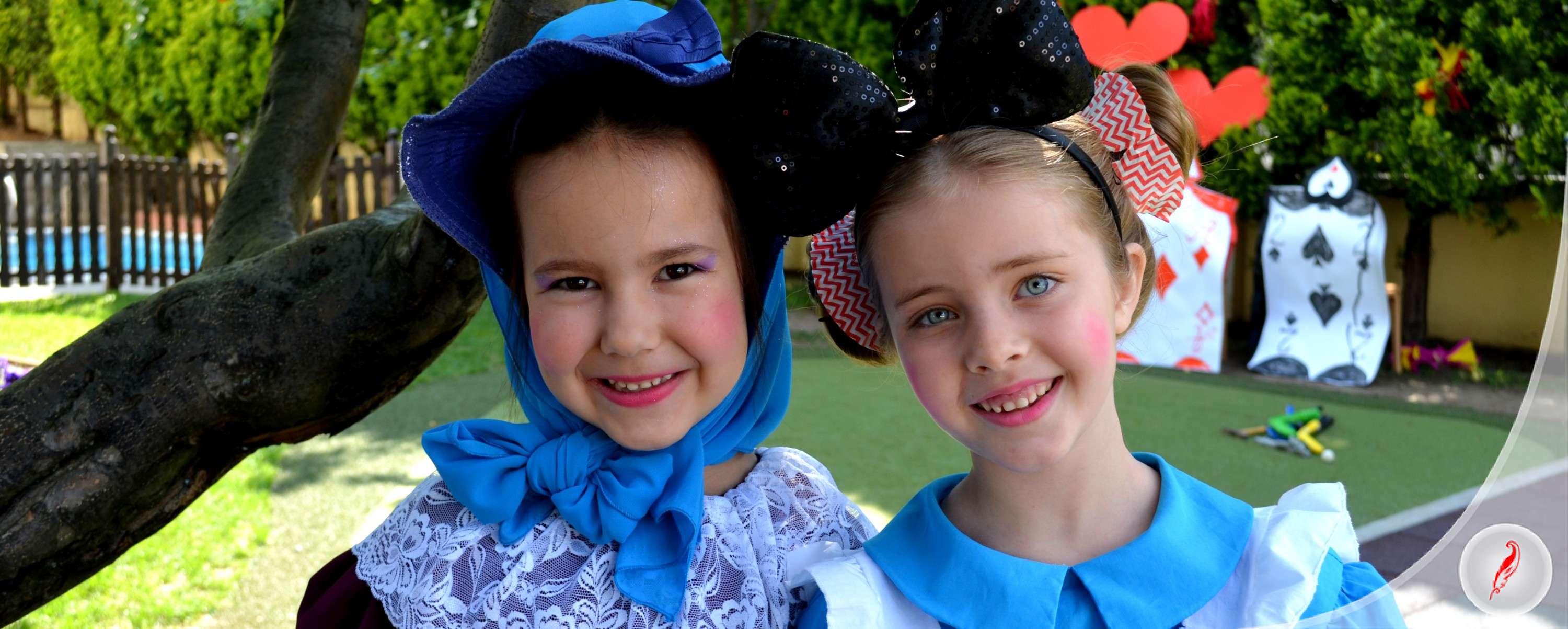Joining the kindergarten is a big change for any child, since they leave their safe environment and substitute the usual daily rhythm with a new one. Each child reacts to new situations in a different way, and adapting to the kindergarten is no exception. This is exactly why we see a variety of children’s reactions to the kindergarten adaptation - crying, refusing food, complaining, but there are also plenty of examples where children are excited to return to the kindergarten the following day. The path from refusing to join the kindergarten to being happy for meeting new friends and educators is long, so it’s necessary to cover all the steps in order to ensure adaptation to the new environment as soon as possible, as well as for the child to feel happy and accepted in the new surroundings.
Before the adaptation itself, i.e. the child’s first arrival to the kindergarten, it’s important to have a discussion with a parent or close adult about the steps that need to be jointly taken. It’s essential that the person entrusted by the parents to take care of their child encourages and supports the parents in all their dilemmas. The parent-educator relationship is a key factor in determining the success of this process, so due attention needs to be given to establishing trust between these two persons, both vital to the child.
In the first days of adaptation, but also during later stages of the child’s activities in the kindergarten, the crucial issue is the well-being of both the child and the parent or close adult. Adaptation entails certain steps or phases, and the successful transition to the next step is only possible with the wholehearted support of all those concerned with the child’s well-being. Another important consideration is that both the child and the parent need enough time to adapt to the new environment. This also means that the adaptation process shouldn’t be interrupted once it’s started, as that would make each following attempt at adaptation more difficult. Expert literature distinguishes between three basic forms of adaptation according to the difficulty level: easy, medium and difficult. The behaviour of the child during its acclimatisation to the new surroundings, educators and other children depends on the child itself, its temperament and habits, other factors influencing the child, but also the relationship between parents, educators and even expert advisors. Every adaptation depends on the establishment of an equal and trusting relationship. Trust, an essential element of partnership between adults concerned for the child’s well-being, should be based on being consequential in behaviour, compassionate and understanding to the child’s needs, communicative and open, so as to rely on the strengths and potential of all those involved.
The adaptation cycle usually lasts around a month, during which time both the child and the parents are gradually introduced to the big life change. What you can do as a parent or close adult is: always be on time (as agreed with the child); show a lot of understanding and compassion for the child’s emotions and reactions; try to make going to the kindergarten a playful experience rather than an obligation; show the child that you understand him/her even if he/she refuses the kindergarten; give the child enough time to cope with the insecurity of separating from the parent; make sure the child is well-acquainted with the kindergarten, as well as the future group and educators; convince the child that you’re leaving him/her in good hands, in a feel-good place
